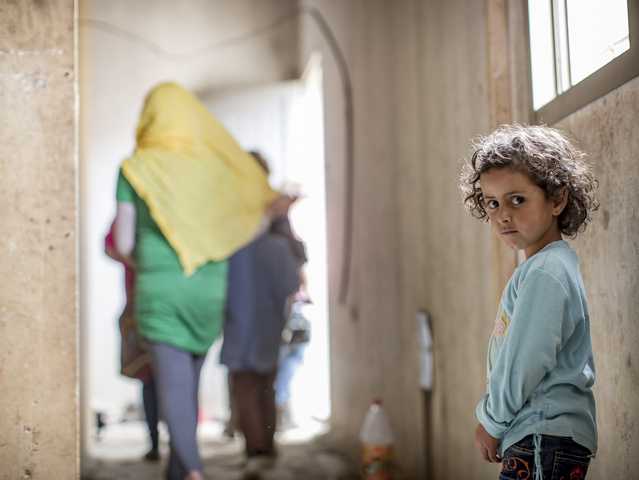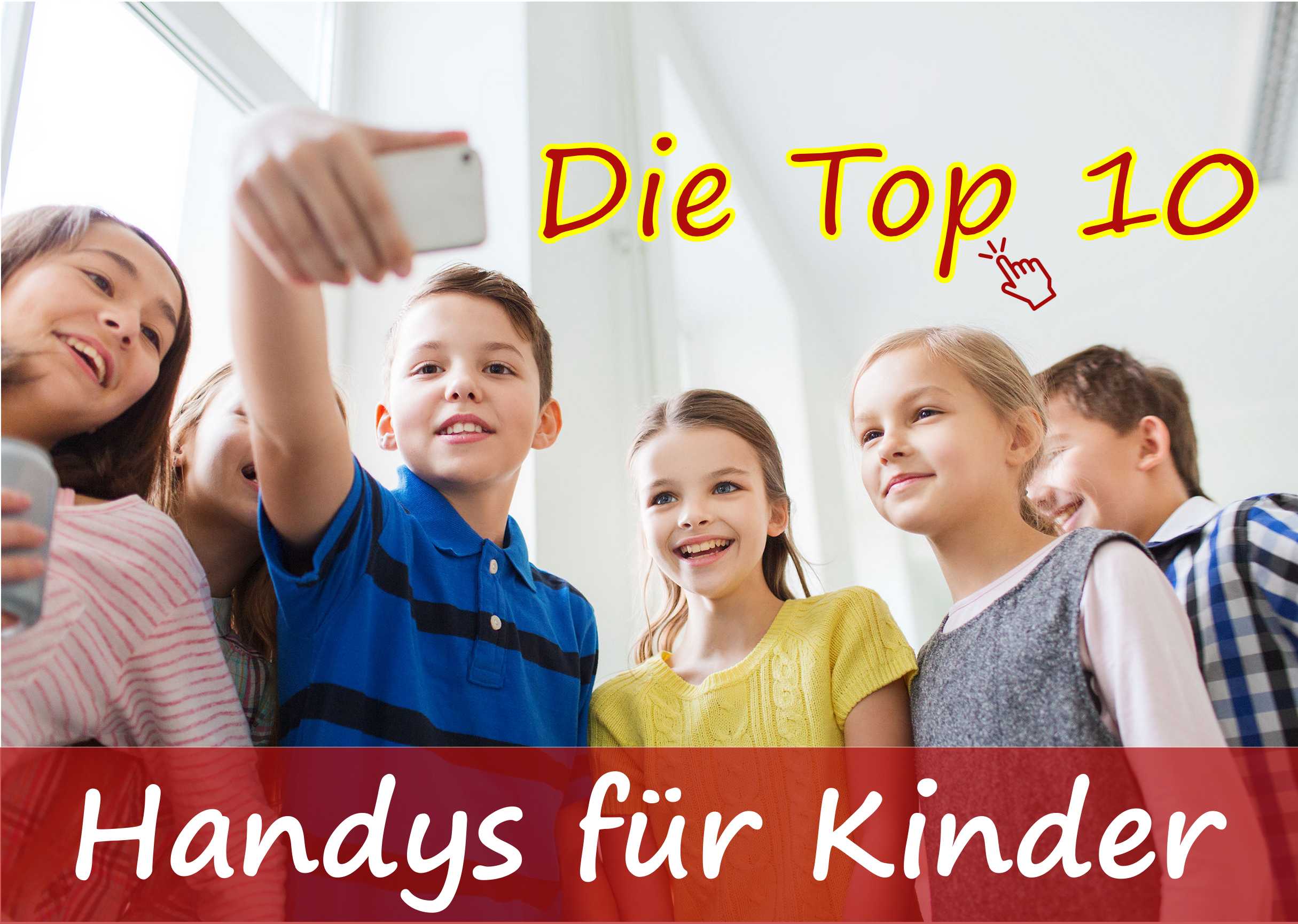navigation
Children children and the children’s rights
Children have rights! They were written 25 years ago by the United Nations and many countries have signed them. World Children’s Day was invented to celebrate your rights and make them more known. And KinderKinder also wants to help spread the children‘s rights – that’s why there is also the World Children’s Festival, every year on Sunday before World Children’s Day. There are many actions on children’s rights, including our children’s rights rally.
But you can already get an overview of children‘s rights here.
Our illustrator Andreas Röckener has illustrated the ten most important rights for you:
 Your right to parental care
Your right to parental care
Every child has a basic right to care, which should ensure a constant family environment and continuous education. If possible, parents should be jointly responsible for the upbringing and development of their child. If this is not possible for any reason, the child has a right to the state providing for a reasonable alternative, such as being taken into foster care, adoption or placement in a child-friendly care setting.
The focus should always be on the well-being of the child!
 Your right to education
Your right to education
The right to education guarantees every child an elementary basic education, which is to be ensured inter alia by compulsory education for children. In addition, the states that recognize the Convention on the Rights of the Child undertake to provide free access to schooling, thus giving all children, regardless of their social situation, equal opportunities for access to education.
In addition, these states have committed themselves to the worldwide fight against illiteracy. Learning to read and write in Germany may be a matter of course, but in many countries it is not. Much needs to be done for that!
 Your right to health
Your right to health
The UN Convention on the Rights of the Child says in its original wording that every child has a right to “the highest attainable standard of health”. By this is meant, for example, that every child has a right to medical treatment in a practice or hospital, health care and health education. This should be ensured, inter alia, by social security. Illnesses as well as malnutrition or malnutrition should be combated as part of a “basic health care” (provision of food and medicines, easily accessible medical technology). This is a very important right, especially for children in developing and emerging countries, and much more needs to be done.
 Your right to freedom of expression
Your right to freedom of expression
The right to freedom of expression relates to two important aspects:
First of all, of course, everyone should have the right to represent their own opinion. But equally important is that every (child) is given the opportunity to form this opinion also freely. This means the right to free access to information and ideas of all kinds. Also across national borders!
 Your right to equality
Your right to equality
Every child has the same rights, no matter where it comes from, what color or gender it has, what language it speaks, whether it was born with or without disability, to which religion it belongs,. , There are a thousand things in which we can be different, but one thing is still the same for all children: the right to protection against discrimination – the right to equality.
 Your right to protection in the war
Your right to protection in the war
Children under war or on the run from war are granted special rights by the UN Convention on the Rights of the Child: Firstly, it is very important that no child may be forced to actively participate in a war or civil war as a child soldier! On the other hand, all countries whose governments have signed this convention guarantee protection for a refugee child. It must not be sent back to its homeland and thus to the war. If a child has been separated from their parents while fleeing, everything has to be done for a family reunification. It is also important that a refugee child has the same rights in the country of residence as any other child.
 Your right to a healthy diet
Your right to a healthy diet
Every child has the right to a “fair standard of living.” One of the most important reasons for this is probably the healthy diet.
For those who do not eat or drink enough can not really grow, think, play, learn or romp.
By recognizing the Convention on the Rights of the Child, the signatory states have pledged to provide sufficient adequate food and drinking water to ensure this livelihood for all children.
 Your right to non-violent education
Your right to non-violent education
Like every human, every child has a right to “integrity.” This right is one of the fundamental human rights and is anchored in Germany in the Basic Law.
This implies that a child may not be violently punished or forced into anything by anyone, especially by persons of respect and authority, such as parents or teachers. A child should be protected from any form of physical or mental violence, as well as being neglected or exploited!
 Your right to play and leisure
Your right to play and leisure
Especially for children, it is important to be able to try and learn and experience new! That is why the right to play and free time is a particularly important right.
Even though it may be a matter of course for us in Germany to meet friends in the afternoons, go to sports or take music lessons, this unfortunately looks quite different in other parts of the world: many children have to work from an early age so that their own Can survive families and have no chance to do such things.
 Your right to culture and art
Your right to culture and art
The right to culture and art is intended to guarantee every child the freedom to participate fully in cultural and artistic life.
Experiencing art and culture is extremely important for the development of a child.
Therefore, especially child-friendly and tailored to children cultural programs should be promoted in particular.
Related Posts
-

Refugee children – robinson in the net
refugee children For children, escaping is a terrible thing, do not you think? Many have seen their homes destroyed and their parents or relatives…
-

Vegan child nutrition – pro – versus vegan nutrition in children
Vegan child nutrition The topic of nutrition is enormously important for parents . With hardly any topic on health they have more influence than on the…
-

Children’s phones and smartphones for children 2019 ▷ bestlist – test
These are the best children’s phones and simple smartphones for kids The best children’s phones and smartphones for kids in comparison: Our top list…
-

Educate children properly – with the language of parent online training
Educate children properly: it depends on the right language To properly educate children is to develop a language that both parties can communicate well…



